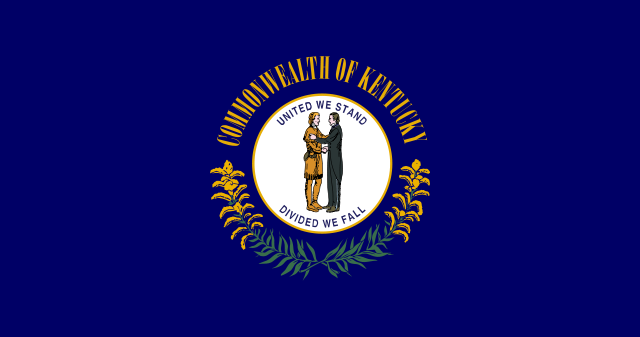The Kentucky Senate has rejected a bill that sought to issue $3.3 billion in bonds to help ease the funding shortfall of the Kentucky Teachers’ Retirement system (KTRS).
The bill passed the House late last month, but was stopped short in the Senate on Monday.
Some lawmakers cited the risk of the bonds as a reason for the bill’s rejection; the success of the plan depended on the system’s investment returns exceeding the interest on the issued bonds.
If that were to happen, KTRS could pocket the difference and funding will improve. But if investment returns lag, the pension-funding situation would worsen further.
Senators amended the bill to call for the creation of a task force to examine the pension system and recommend funding solutions.
More on the new bill, from the State-Journal:
The substitute adopted in the Senate Standing Committee on State and Local Government instead directs the Legislative Research Commission to create a Kentucky Teachers’ Retirement System task force to study and make recommendations for funding and stabilizing the retirement system.
The task force will include:
* Six members of the Senate with four appointed by the Senate president, two appointed by the Senate minority floor leader;
* Six members of the House with four appointed by the House speaker, two appointed by the House minority floor leader;
* The House speaker and Senate president will each appoint one co-chair from their chambers;
* The task force will have monthly meetings during the interim and report its findings to the LRC for referral to a committee by Dec. 18, 2015.
The bill is officially called House Bill 4.
Photo credit: “Ky With HP Background” by Original uploader was HiB2Bornot2B at en.wikipedia – Transferred from en.wikipedia; transfer was stated to be made by User:Vini 175.. Licensed under CC BY-SA 2.5 via Wikimedia Commons




